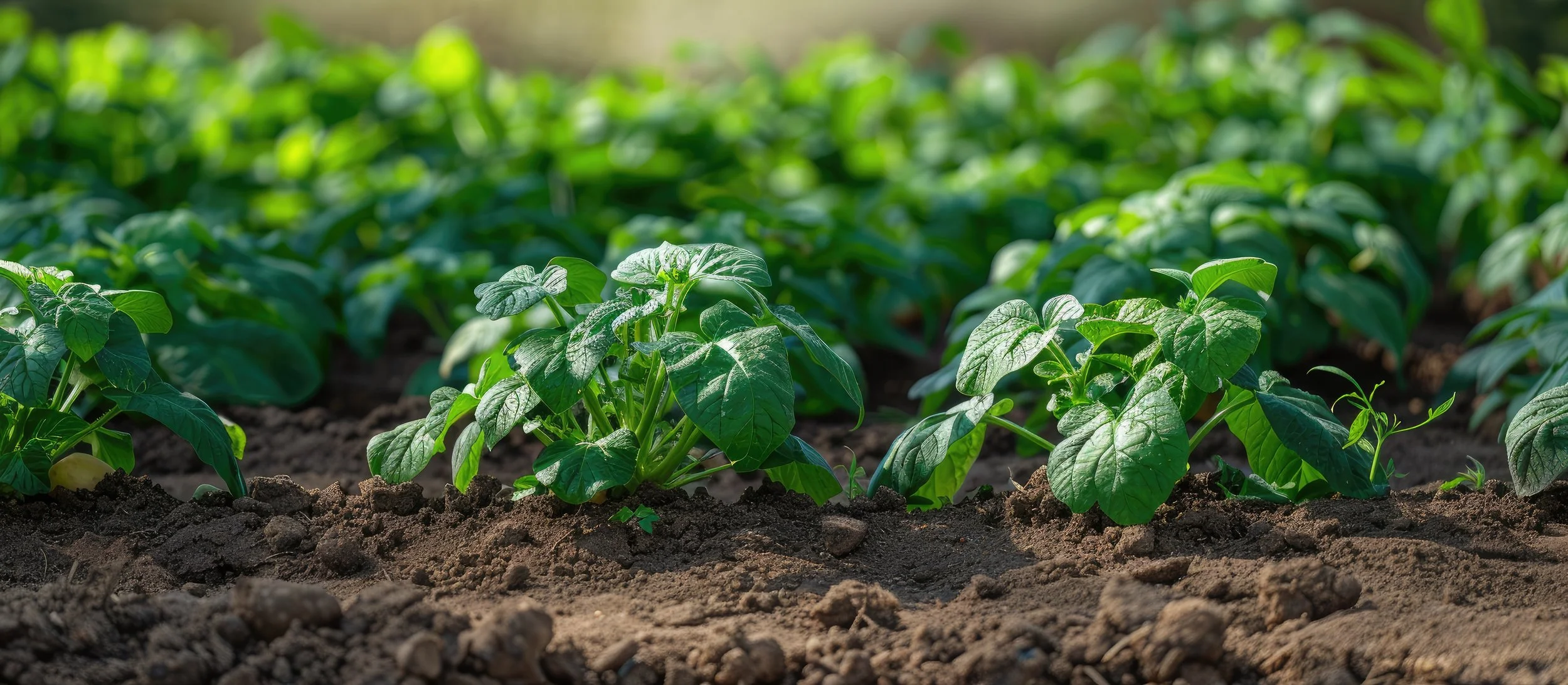Nutritional Value of Homesteading
Homesteading is more than just a lifestyle; it’s a path to optimal nutrition and health. By growing your own vegetables and raising your own animals, you gain access to fresh, nutrient-dense foods that are often superior to their store-bought counterparts. Let’s explore the nutritional value of homesteading and how it can contribute to a healthier and more balanced diet.
Superior Nutrient Density
One of the most significant advantages of homegrown food is its higher nutrient density. When vegetables are picked fresh from your garden, they retain significantly more vitamins and minerals than those stored and transported over long distances. Some key nutritional highlights include:
Vitamins: Freshly harvested vegetables contain higher levels of vitamin C, which diminishes quickly after picking. Leafy greens such as kale and spinach are packed with vitamins A and K, essential for immune function and bone health.
Minerals: Homegrown vegetables, especially those grown in nutrient-rich soil, provide ample amounts of magnesium, potassium, and iron, which support heart health, muscle function, and oxygen transport in the body.
Healthier Animal Products
Raising your livestock allows you to control their diet and living conditions, leading to healthier meat, eggs, and dairy. Compared to conventionally raised products, homestead-raised animal products often contain:
Higher Omega-3 Fatty Acids: Grass-fed beef, pasture-raised poultry, and free-range eggs are rich in heart-healthy omega-3s, which reduce inflammation and support brain health.
Lower Saturated Fats: Animals raised on a natural diet have a more favorable fat profile, with less unhealthy saturated fat and more beneficial unsaturated fats.
No Harmful Additives: When you raise your animals, you can avoid antibiotics, hormones, and synthetic feed additives commonly found in commercial meat products.
Seasonal Eating and Diversity
A homestead diet naturally aligns with seasonal eating, which provides a diverse range of nutrients throughout the year. Eating seasonal produce ensures you receive a variety of vitamins and antioxidants that support your body's changing needs. For example:
Spring and Summer: Fresh berries, tomatoes, and leafy greens rich in antioxidants to combat oxidative stress.
Fall and Winter: Root vegetables like sweet potatoes and squash are packed with beta-carotene and fiber to support immune health during colder months.
Probiotic Benefits of Fermented Foods
Homesteading often involves food preservation methods like fermentation, which can enhance gut health by introducing beneficial probiotics. Fermented foods such as homemade yogurt, sauerkraut, and kombucha can:
Improve digestion by balancing gut bacteria.
Enhance nutrient absorption, particularly of B vitamins and minerals.
Strengthen the immune system by promoting a healthy microbiome.
Reduction of Processed Foods
By growing and preparing your food, you naturally reduce your intake of highly processed foods, often loaded with preservatives, unhealthy fats, and added sugars. This shift leads to a diet that is:
Lower in Sugar: Fresh produce and whole foods contribute to balanced blood sugar levels.
Rich in Fiber: Whole fruits, vegetables, and whole grains promote digestive health and satiety.
Free of Additives: Homemade meals eliminate artificial colors, flavors, and preservatives.
Building a Sustainable, Nutrient-Rich Future
By homesteading, you’re not just enhancing your health—you’re contributing to a more sustainable food system prioritizing nutrient-rich, whole foods over mass production. Investing time and effort in home food production increases self-sufficiency and well-being.
